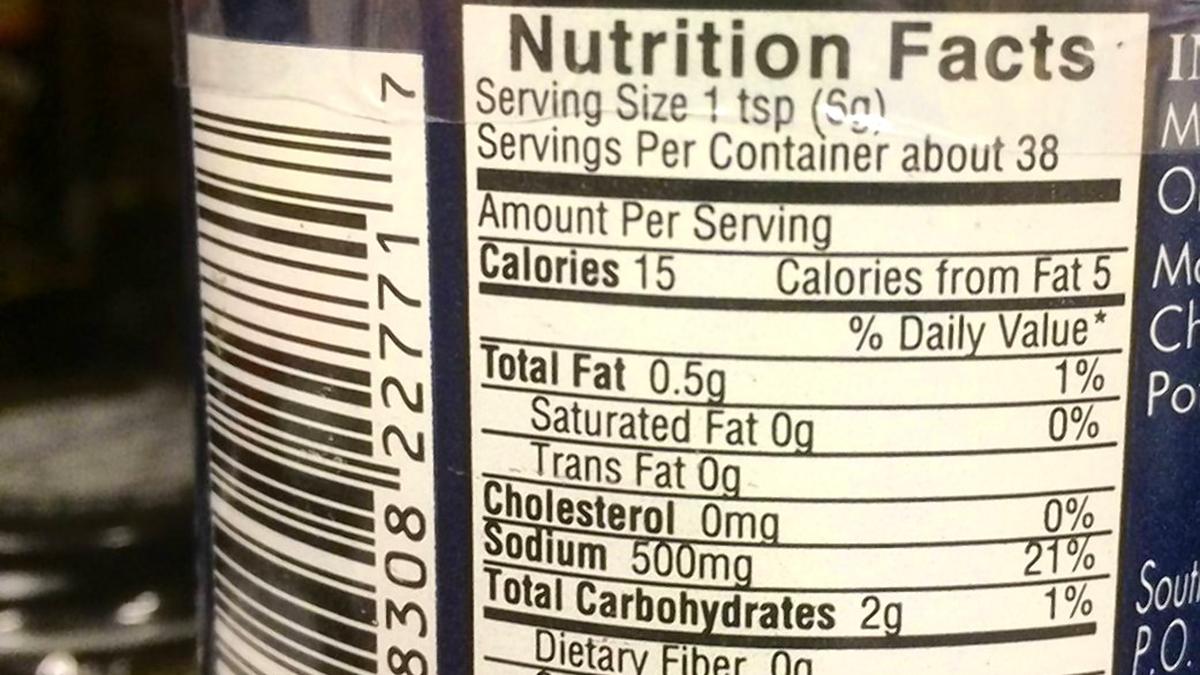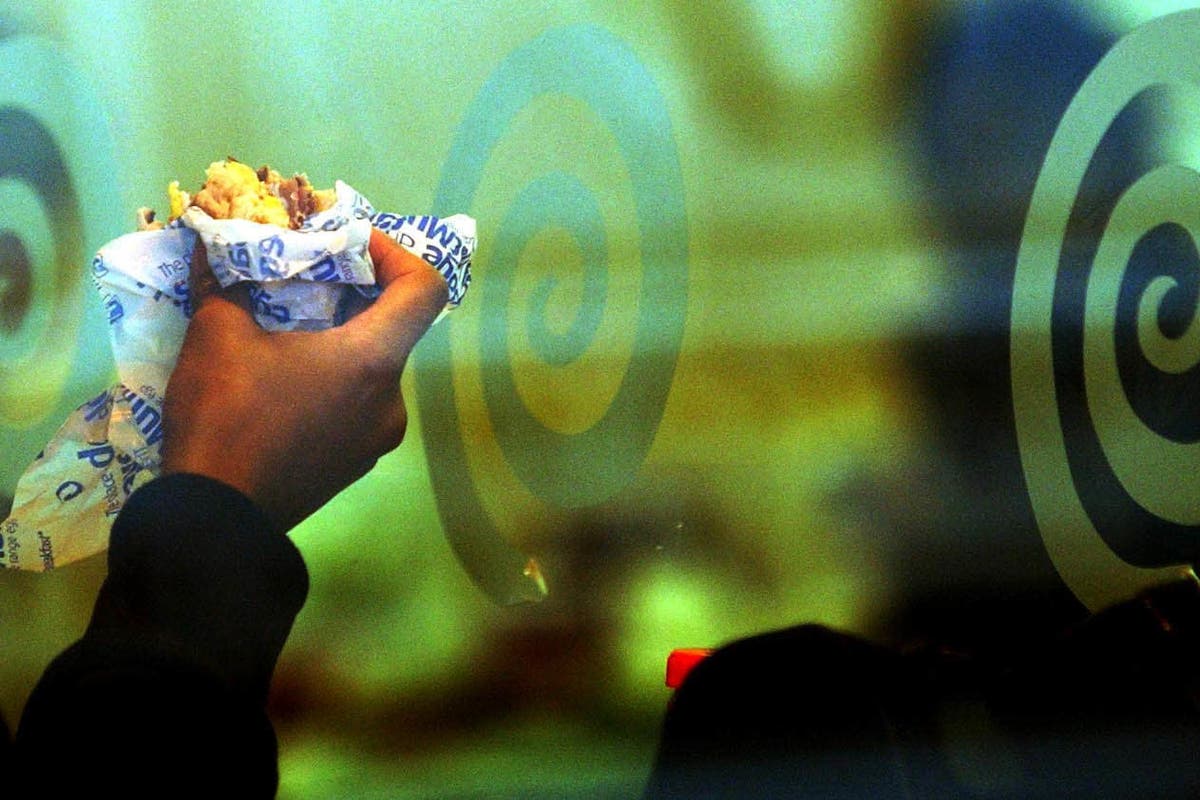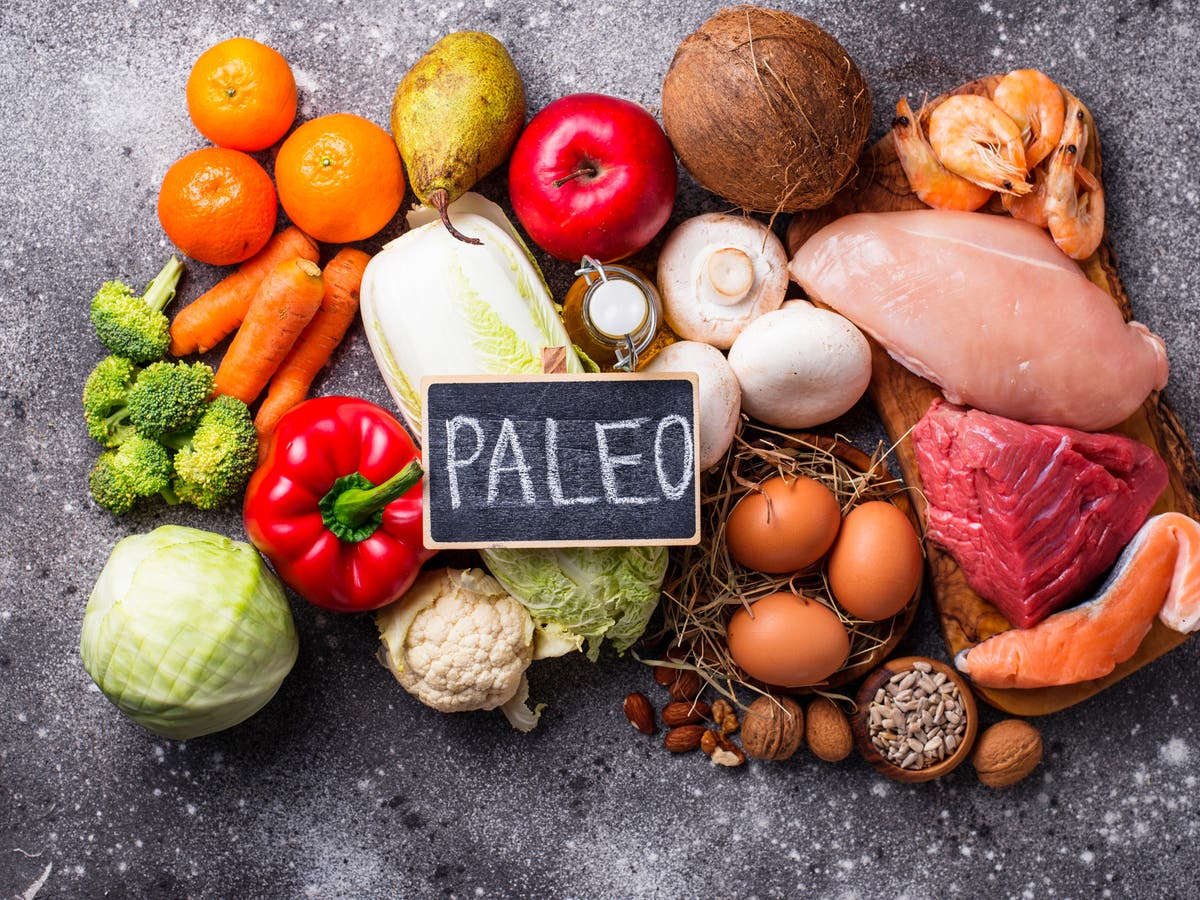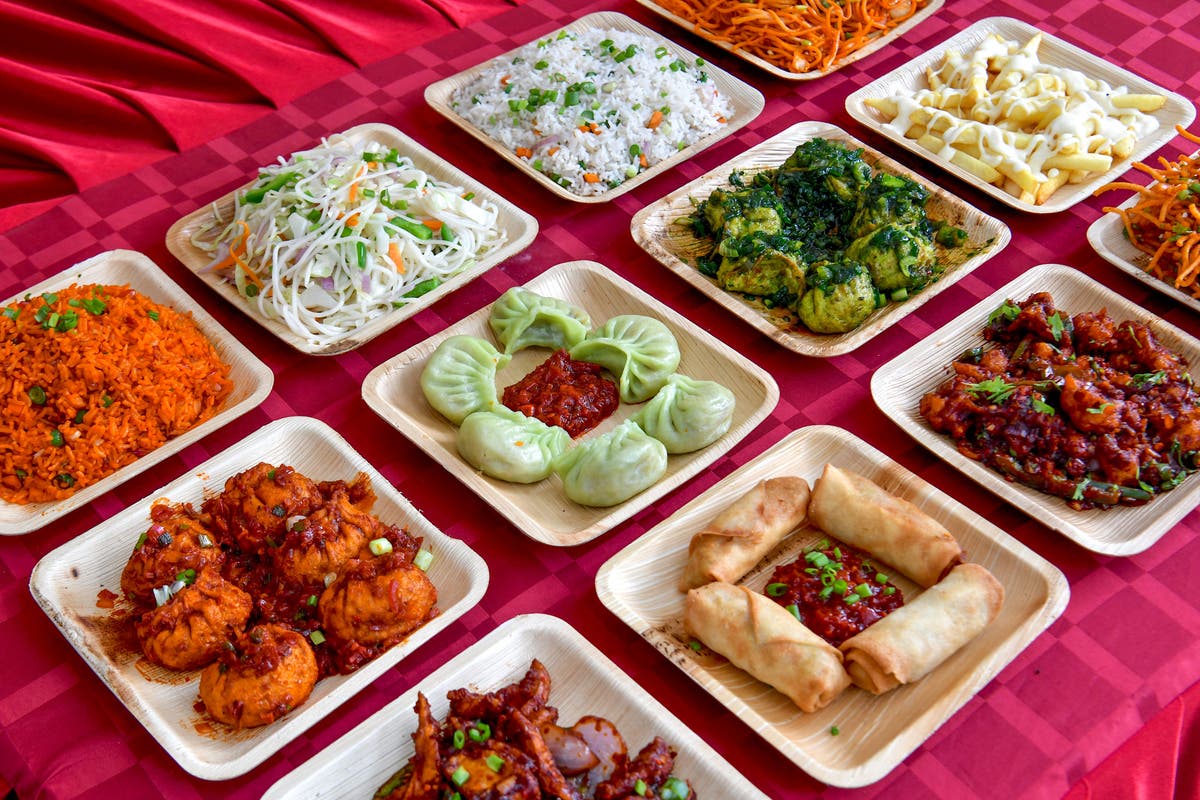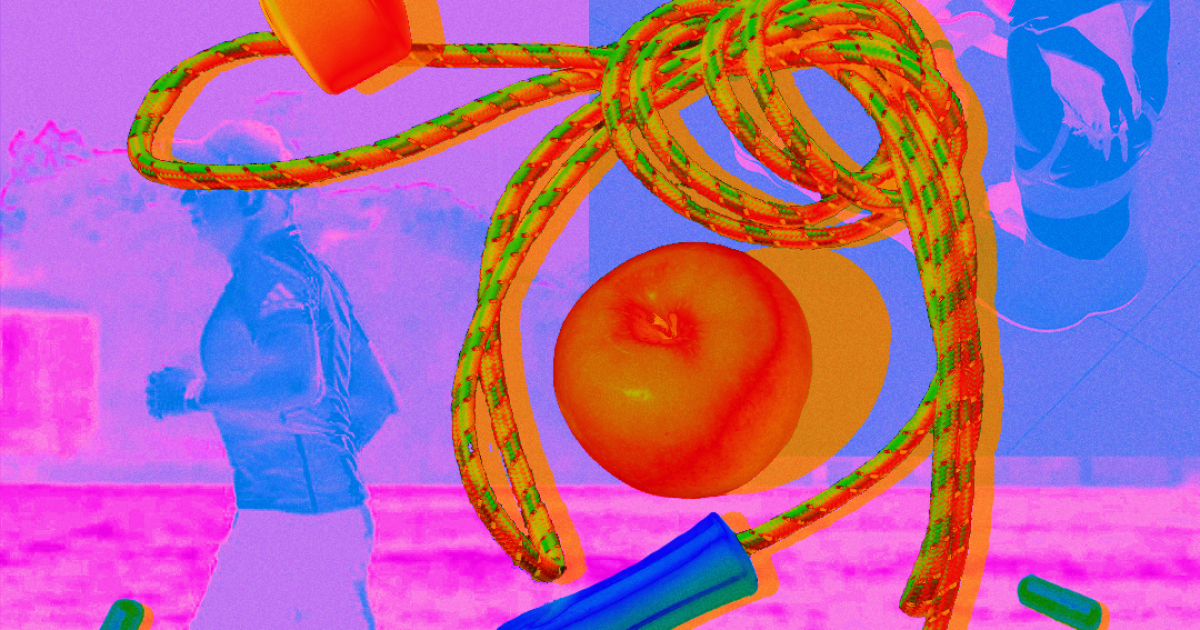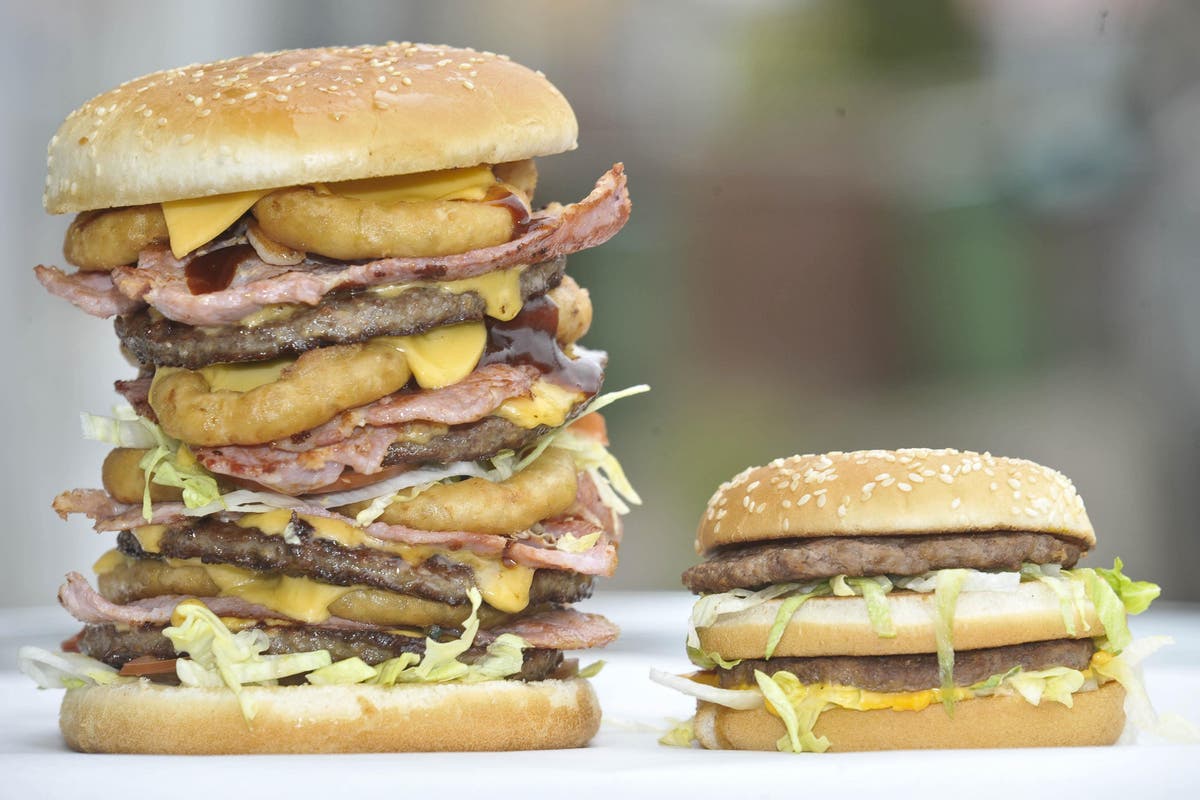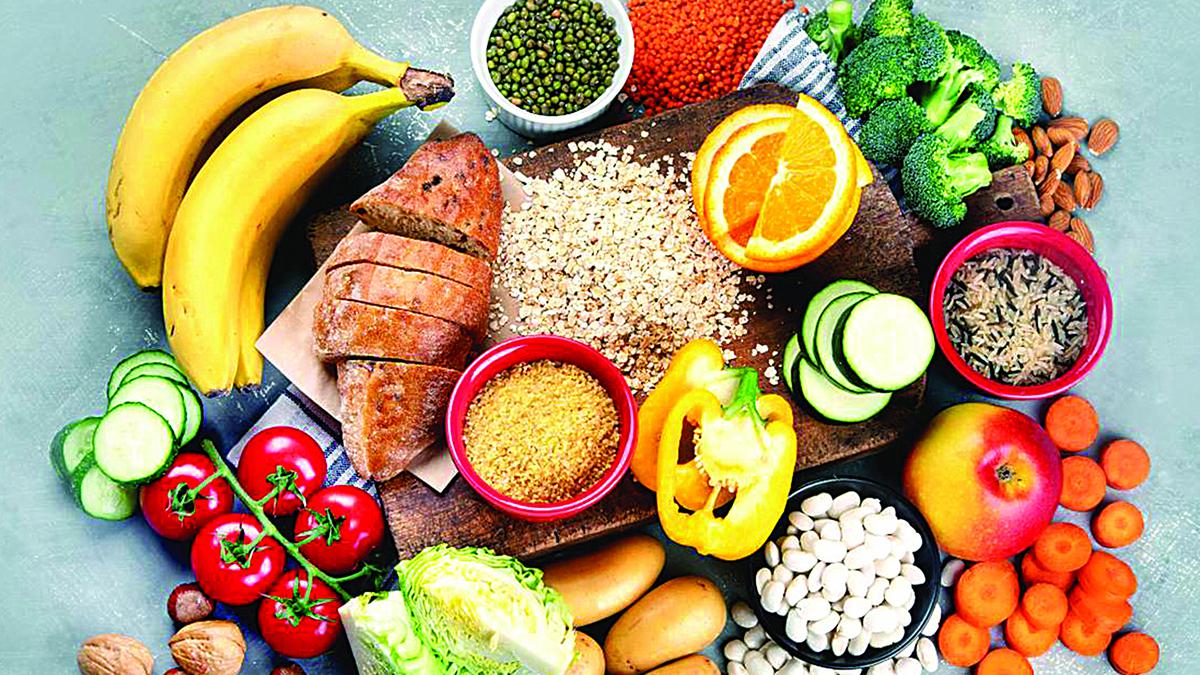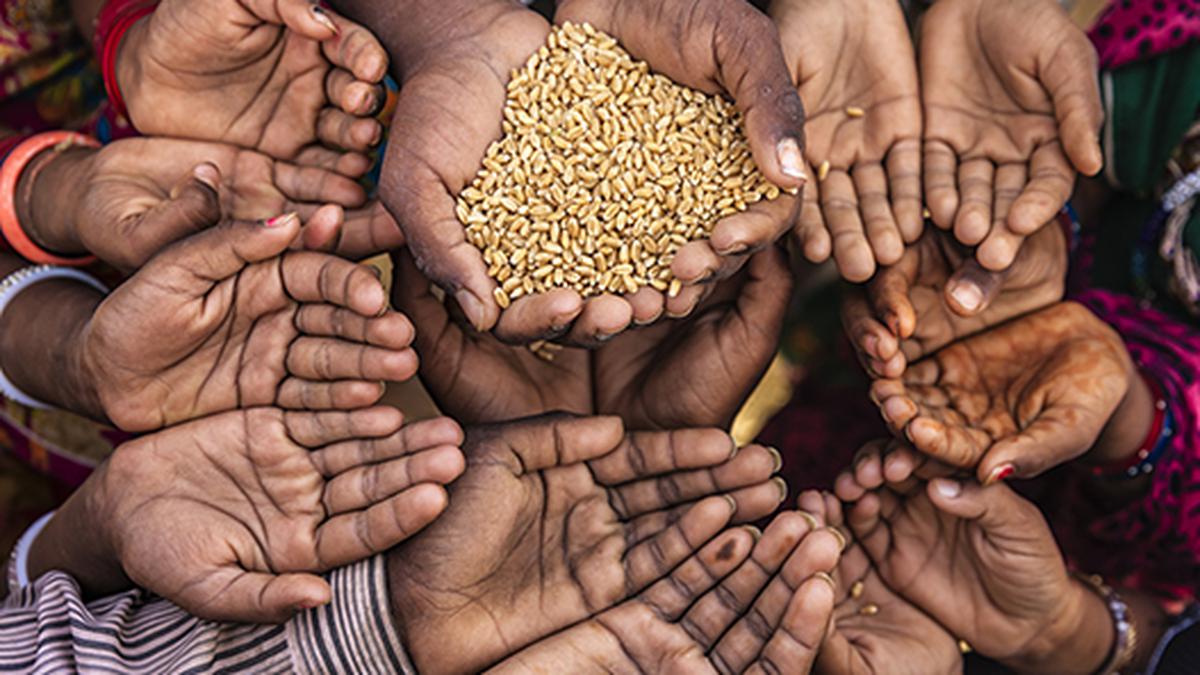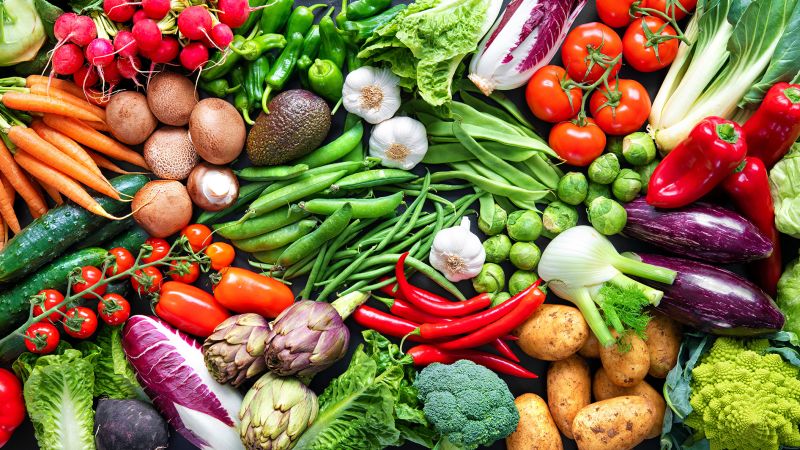
Food guidelines change but fail to take cultures into account
LA TimesNew food guidelines encourage Americans to eat nutrient-dense food but do not sufficiently acknowledge the nuances of multicultural diets. “There’s different ways you can be racist,” said Esosa Edosomwan, a certified nutrition specialist and behavioral coach in Washington, D.C. “You can be racist by omitting people, by making guidelines that only cater to a specific group.” Edosomwan — a Nigerian American also known as the Raw Girl — began her nutrition journey while trying to find a diet that would alleviate persistent acne. “I saw mostly white women in this field that were celebrity nutritionists.” “A white dietitian, she’s probably going to tell you to have some Greek yogurt with a handful of almonds and a serving of protein the size of your fist, when what you really want is egusi soup,” Edosomwan said, referring to the West African dish made from the ground, nutrient-dense egusi seed, vegetables and meat or fish. “If I had to guess, you’re mostly looking at things that are available in typical grocery stores in the U.S.,” said Sarah Reinhardt, the lead food systems and health analyst in the food and environment program at the Union of Concerned Scientists. “Nutrition science would benefit from scientists in the field conducting primary research in more diverse populations with varying age groups and different racial, ethnic and socioeconomic backgrounds,” a USDA spokesperson said.
History of this topic

New dietary guidelines recommend more plant-based foods, limit processed items and added sugars
Hindustan TimesDiscover Related

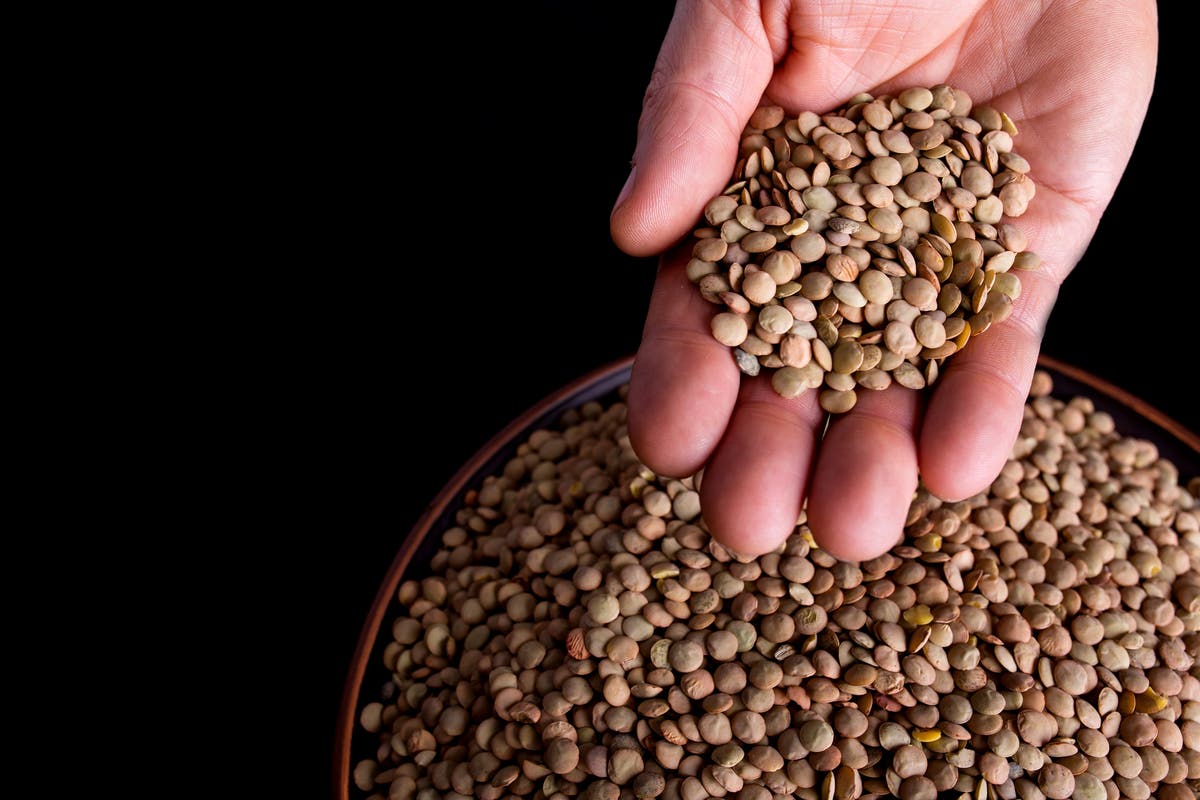




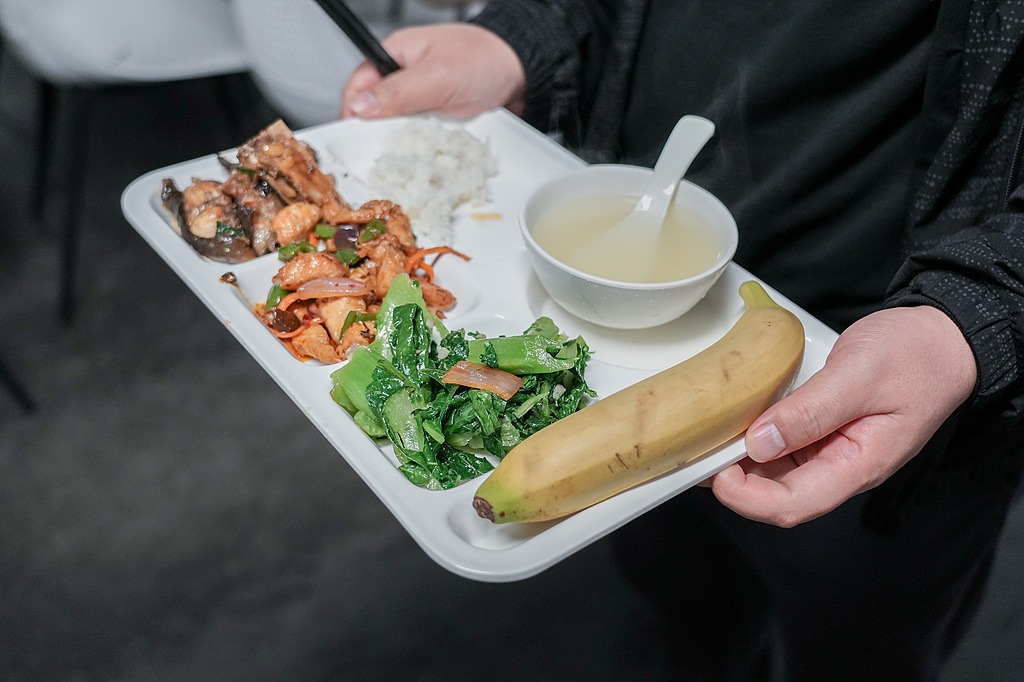











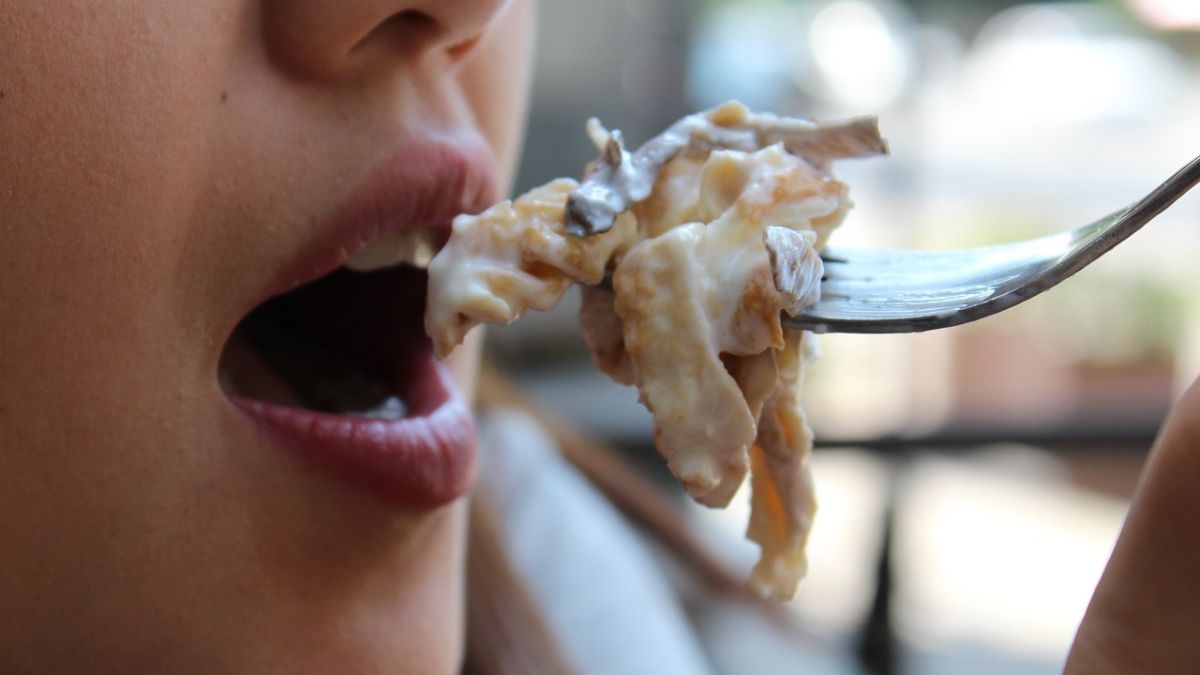)
